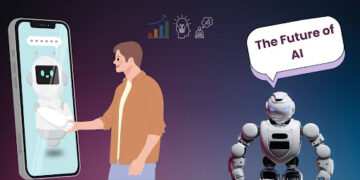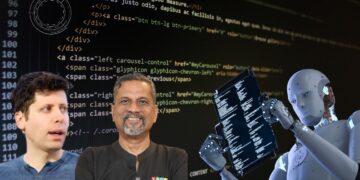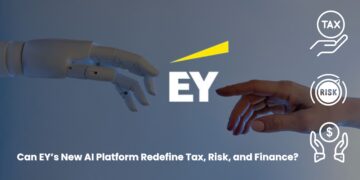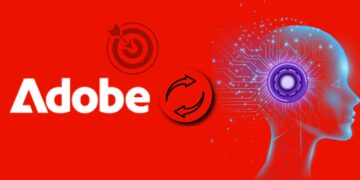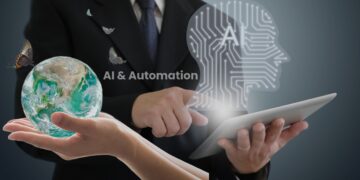The Digital Transformation of ERP
In an era driven by automation and artificial intelligence, SAP is making bold moves to redefine how businesses handle data. SAP CEO Christian Klein has made a striking prediction: manual data entry within SAP systems will become obsolete by 2027. This statement signals a significant shift in enterprise resource planning (ERP) and data management, reflecting the rapid advancements in AI, machine learning, and automation.
A Future Without Manual Data Entry
For decades, businesses have relied on manual data entry to populate ERP systems. This process, while essential, has been notorious for being time-consuming, error-prone, and resource-intensive. Klein’s vision for SAP aims to eliminate these inefficiencies entirely.
Instead of relying on human intervention, SAP is accelerating the integration of advanced AI-driven automation. With intelligent data capture, natural language processing (NLP), and predictive analytics, SAP envisions a system where data seamlessly flows between applications without requiring manual input.
The Role of AI and Automation
SAP has already been investing heavily in AI-powered solutions such as SAP Business AI, intelligent robotic process automation (RPA), and machine learning. These technologies are designed to automate workflows, extract data from multiple sources, and enhance decision-making.
By leveraging AI, SAP’s ERP solutions will proactively analyze patterns, detect anomalies, and automatically process data without human involvement. This shift will not only increase efficiency but also improve accuracy, ensuring businesses operate with cleaner and more reliable data.
What This Means for Businesses
The elimination of manual data entry will have profound implications for organizations across industries:
- Higher Efficiency – Employees can focus on strategic tasks rather than repetitive data entry.
- Reduced Errors – AI-driven data processing minimizes human errors, leading to better decision-making.
- Cost Savings – Businesses can cut costs associated with manual labor and error correction.
- Real-Time Insights – Automated data flows enable faster and more accurate reporting and analytics.
- Enhanced User Experience – Employees can interact with ERP systems through AI-powered chatbots and voice commands rather than outdated forms and spreadsheets.
Challenges and Adoption Hurdles
While the transition to a fully automated SAP ecosystem is promising, businesses may face challenges in adopting these new technologies. Data security concerns, system integration complexities, and workforce training are critical aspects that companies will need to address.
Additionally, organizations must ensure that AI and automation solutions align with their operational goals. A gradual and strategic implementation plan will be key to successfully embracing this transformation.
The Road Ahead
Christian Klein’s prediction reflects a larger trend in the digital transformation landscape. As AI and automation technologies continue to evolve, enterprises that adapt early will gain a competitive advantage.
With SAP’s commitment to innovation, businesses using its ERP solutions can expect a future where data flows effortlessly, decision-making is AI-driven, and employees are empowered to focus on innovation rather than manual tasks. By 2027, manual data entry might be a thing of the past—and businesses will be better for it.
Further Reading & References:
- SAP Official Newsroom
- Forbes: The Future of AI in Enterprise Tech
- TechCrunch: AI & Automation in Business
About Us:
Insight Tech Talk is your go-to source for the latest in technology, business innovations, startups, and AI trends. Stay updated with our in-depth analysis, expert opinions, and breaking news.
Are you ready for this future? Let’s embrace automation and redefine the way we work! Follow Insight Tech Talk for more updates on tech innovations.





